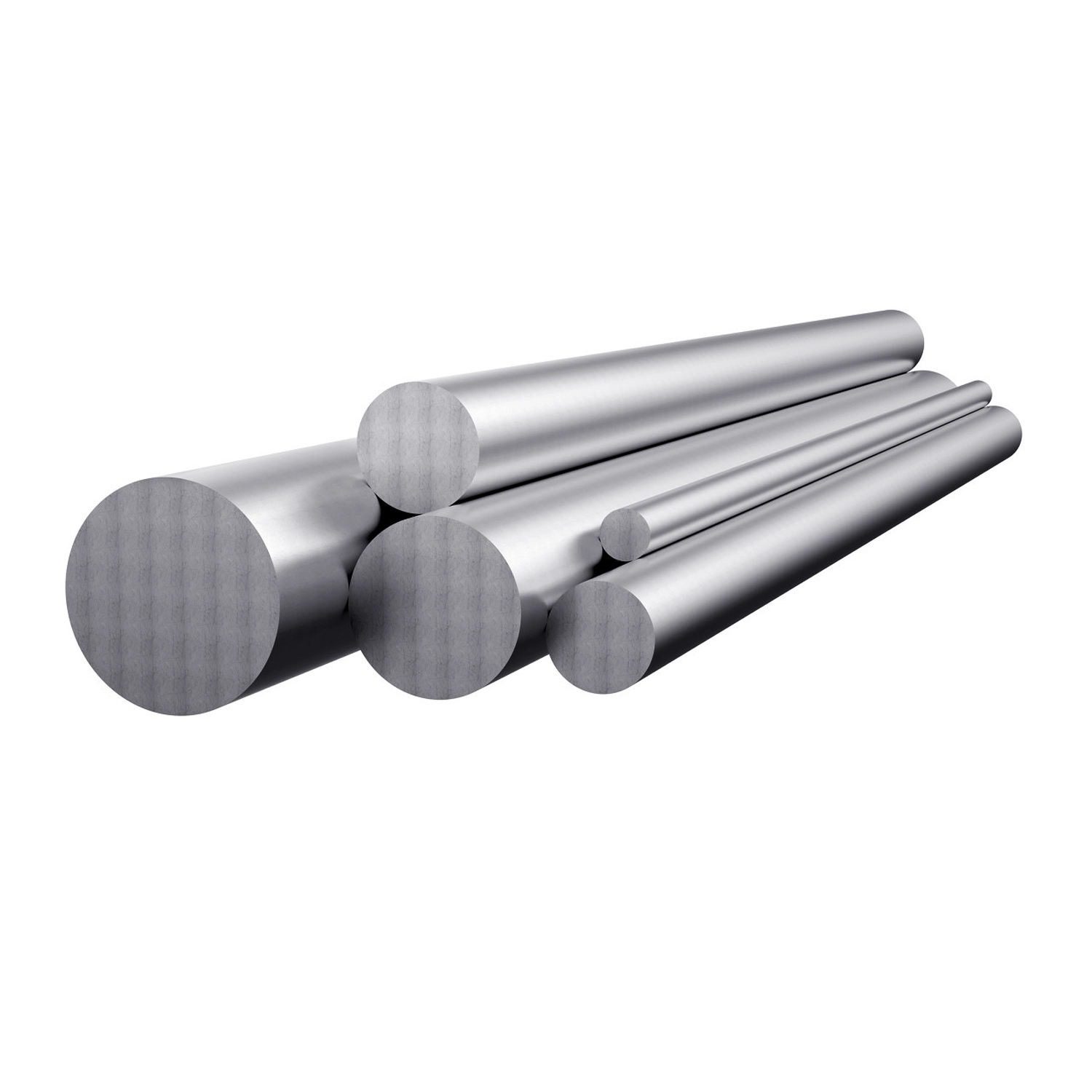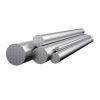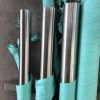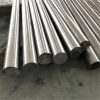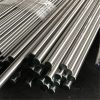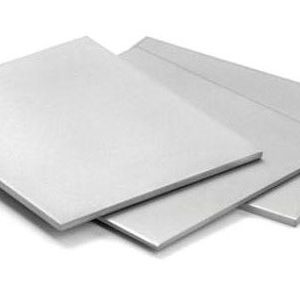430 Stainless Steel Bar Description
430 stainless steel bars are recognized for their ability to resist oxidation and rust in humid or mildly corrosive environments. Chromium inside forms an invisible protective layer on the surface to prevent rust. Another advantage of this steel material is its resistance to high temperature without losing strength or turning brittle. Industries where 430 stainless steel bars are frequently used as manufacturing parts include aerospace engineering, medical device manufacturing, petrochemical processing plants, and marine applications. However, welding 430 stainless steel is not an easy job given its high chromium content. Be sure to clean them thoroughly with a wire brush to remove any discoloration caused by heat exposure during the welding process afterwards.
Product Parameters
| Product Name | 430 Stainless Steel Bar | |
| Type | Steel Bar | |
| Outer Diameter | Round Bar | 4mm-500mm |
| Hexagon Bar | 18mm-57mm (11/16″ to 2-3/4″) | |
| Square Bar | 18mm-47mm (11/16″ to 1-3/4″) | |
| Flat Steel | 1/2 “to 10”, Thickness: 2mm-150mm, Can provide customized | |
| Length | 1-6 meters, Length can be customized | |
| Standard | ASTM, AISI, JIS, GB, DIN, EN, etc. | |
| Surface | Black, Bright Polished, Rough Turning, Mattness Surface Treatment, No. 4. BA, etc. | |
| Scope of Application | Stainless steel bars are used in a variety of industries such as shipbuilding, Defense, Automotive, Textiles, Paper and pulp, Manufacturing, Cement, Heavy earthmoving equipment and construction, etc. | |
Chemical Composition
| C | Si | Mn | Cr | Ni | S | P |
| ≤ 0.12 | ≤1.0 | ≤1.0 | 16.0~18.0 | ≤0.75 | ≤ 0.03 | ≤ 0.04 |
Mechanical Properties
| Tensile Strength Kb (MPa) | Yield Strength σ0.2 (MPa) | Elongation D5 (%) | Hardness |
| ≥634 | ≥440 | ≥20 | Annealing≤ 223HB; quenching and tempering ≥ 192HB |
Physical Performance
| Density(g/cm³) | Modulus of Elasticity(Gpa) | Coefficient of Thermal Expansion(10-6/°C) | Coefficient of Thermal Conductivity(W/m*K) | Resistivity(ΜΩ. cm) |
| 7.70 | 200 | 10.4 | 23.9 | 360 |


